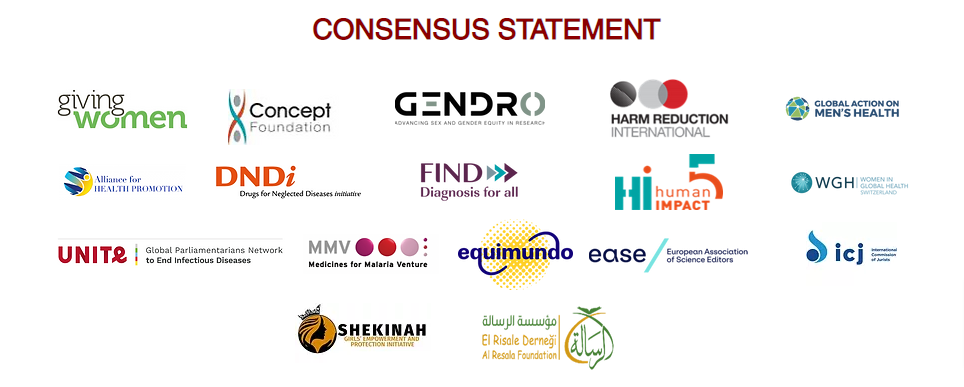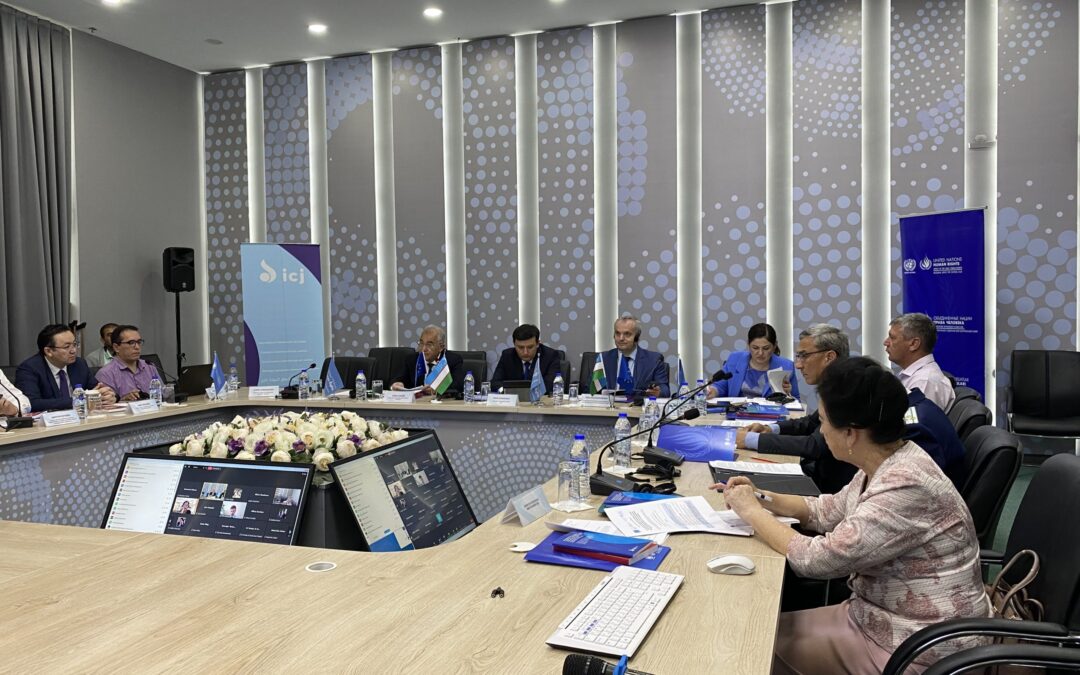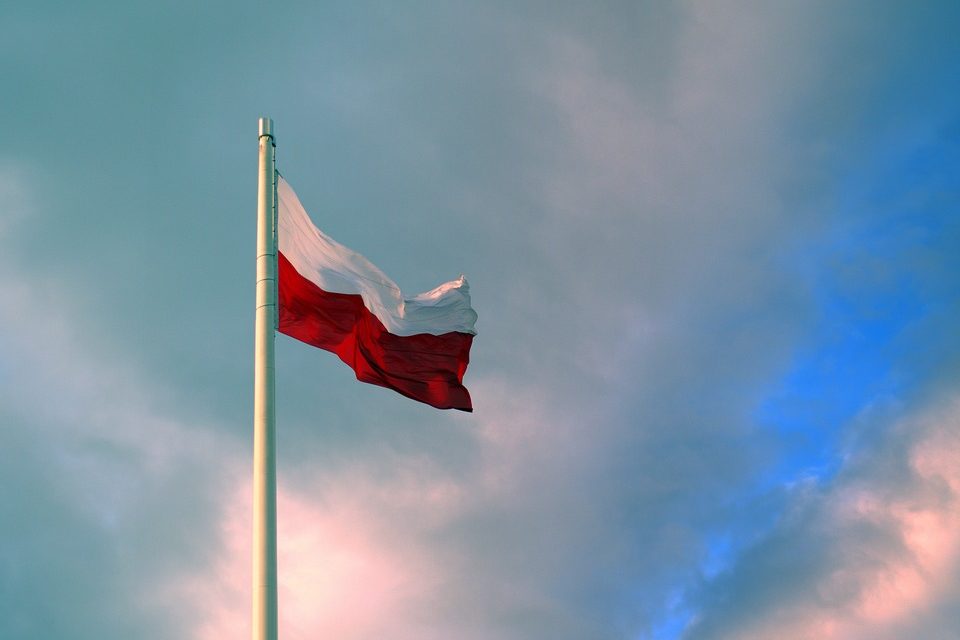
Jul 18, 2023 | News
On 11 July 2023, the Chamber of the third section of the European Court of Human Rights (ECtHR) handed down its judgment in the case of Semenya v. Switzerland finding that Caster Semenya’s right to freedom from discrimination, taken together with her rights to respect for private life and to an effective remedy had been violated.

Jun 20, 2022 | Advocacy, News
The International Commission of Jurists (ICJ) is part of a coalition of 17 civil society organizations and academic institutions, convened by GENDRO, calling for a gender-responsive international instrument for an effective and equitable prevention, preparedness and response to future pandemics.

May 13, 2022 | News
Today, the International Commission of Jurists (ICJ), the Office of the High Commissioner for Human Rights (OHCHR) Regional Office for Central Asia (ROCA), the Nationwide Movement “Yuksalish” in cooperation with the National Centre for Human Rights of the Republic of Uzbekistan are holding an International Public Discussion on Uzbekistan’s implementation of the latest recommendations of the UN Treaty Bodies in the framework of project “Enhancing the Quality of Uzbekistan’s Application of international Law (EQUAL)” funded by the European Union.

Nov 7, 2019 | News
Today, the ICJ published an Arabic translation of Practitioners’ Guide N°12 on Women’s Access to Justice for Gender-based Violence.
The Guide is designed to support legal practitioners and human rights defenders involved or interested in pursuing cases of gender-based violence.
It provides information about regional and international law and standards relevant to gender-based violence, advice on implementing these standards as part of domestic law reform and examples of existing good practice in seeking protection for women.
The Guide (Arabic version here) also addresses the practical issues that are faced by women who have been subject to gender-based violence and the steps that are necessary to secure their access to justice in practice. It considers women’s experiences of the criminal justice system and reflects on how the justice system deals with women’s safety and need for access to services beyond legal assistance.
Download
Universal-Womens accesss to justice-Publications-Practitioners’ Guide Series-2019-ARA (full guide, in PDF)

Nov 5, 2019 | News
The ICJ welcomed today’s ruling of the Court of Justice of the European Union finding that Poland violated the independence of the judiciary by lowering in 2017 the pension age of Polish judges and giving the power to maintain them in office to the Minister of Justice.
The Court also found that the new law creating widely disparate retirement ages between women and men who are ordinary court judges or prosecutors – 60 and 65 respectively – constituted unlawful discrimination
“The Court of Justice has upheld the cardinal principle of the rule of law that the terms of judges cannot be determined controlled on an ad hoc basis by political powers,” said Massimo Frigo, Senior Legal Adviser of the ICJ Europe and Central Asia Programme.
“This judgment confirms that these retirement laws were a direct blow to the principle of separation of powers, the bedrock of the rule of law,” he added.
The Court of Justice held as contrary to the principle of independence of the judiciary under article 19 of the Treaty on the Functioning of the EU as series of laws lowering the age of retirement for ordinary judges, prosecutors and Supreme Court judges from 70 to 65 years for men and 65 to 60 for women. These laws allowed the Minister of Justice to decide which judges are to be reinstated.
“Poland should scrap these laws entirely and reinstate fully the situation of the judiciary prior to their enactment,” Frigo said.
“These laws were but a part of the systemic attack to the independence of the judiciary that the Polish government should stop,” he added.
The ICJ also called on Poland to bring the retirement ages of men and women back into parity.
The case was brought by the European Commission in an infringement proceeding against Poland for violation of the obligation to provide access to justice for EU law violations under article 19 TFEU.
Contact:
Massimo Frigo, Senior Legal Adviser of the ICJ Europe and Central Asia Programme, t: +41 22 979 3805 ; e: massimo.frigo(a)icj.org
More information on Massimo Frigo’s blog









